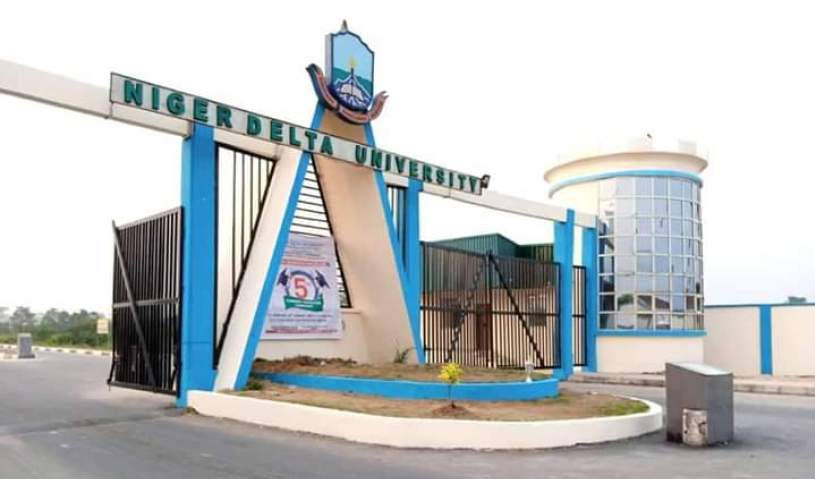Seven undergraduates of the Niger Delta University Amassoma, Bayelsa State have died after being suffocated by generator fumes in a recording studio.
Six bodies were discovered Tuesday morning, while the seventh student died in the hospital later in day after being rushed there unconscious. The students, according to reports, had gone into the studio for a recording session overnight at Transformer Road, Ebis, in the Amarata area of Yenagoa, the capital of Bayelsa state.
Witnesses said that the students worked late into the night using the generator set due to inadequate power supply in the state. The victims slept off in the studio with the generator still running inside.
The victims’ bodies were said to have been evacuated and taken to a morgue in Yenagoa by police officials.
A resident of the area, Damion Asamonye, blamed the state and federal governments as well as the Port Harcourt Distribution Company (PHED) for the deaths of the seven individuals.
He lamented that if there had been an adequate power supply, they would not have needed to use a generator throughout the night, which led to their fatal inhalation of carbon monoxide.
Asamonye criticized the unreliable power situation in the state, noting that the distribution company only provides electricity when it is time to collect bills and then disconnects the power shortly after customers have paid for the month.
Asamonye told the Nation: “Both the federal and state governments have failed us; if there was a public power supply, maybe these people wouldn’t have lost their lives in this callous manner. It is sad and painful. Seven promising men just died like that because they were trying to eke out a living for themselves.
“Seven able-bodied young men just died in such a manner because of the failure of the government. The most annoying thing is that tomorrow, the PHED personnel will come with their ladders to disconnect lights that they are not supplying. How can people be spending their humongous money on paying for darkness and fueling generators despite the current hardship in Nigeria, even after paying for light bills?


